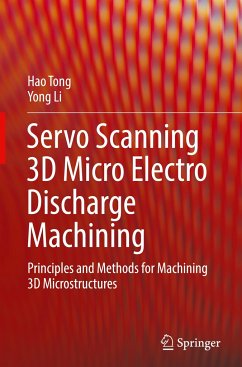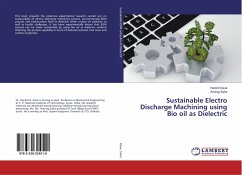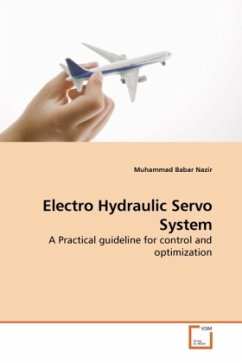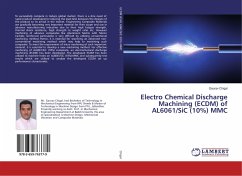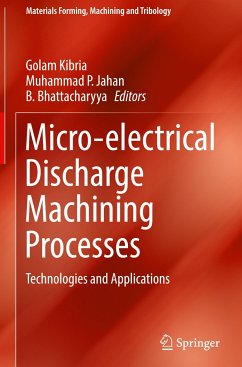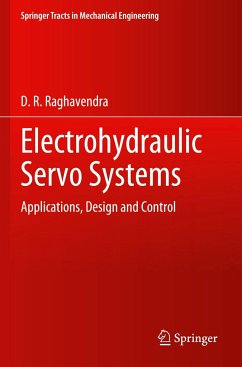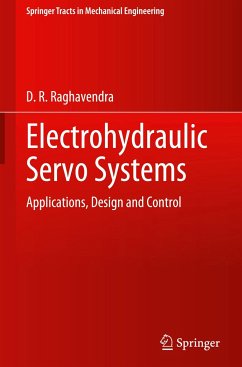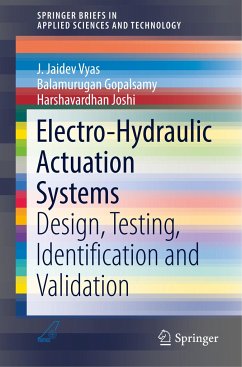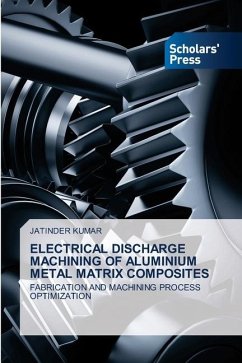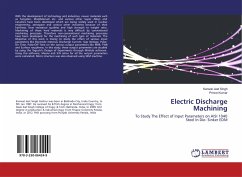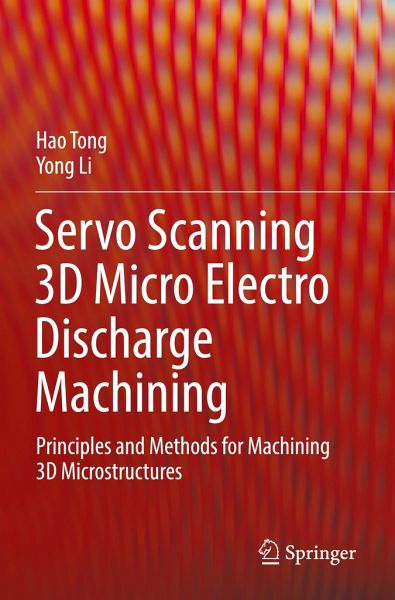
Servo Scanning 3D Micro Electro Discharge Machining
Principles and Methods for Machining 3D Microstructures
Versandkostenfrei!
Versandfertig in 6-10 Tagen
75,99 €
inkl. MwSt.
Weitere Ausgaben:

PAYBACK Punkte
38 °P sammeln!
This book provides the systematic knowledge of a novel process of servo scanning 3D micro-electro-discharge machining (SS-3D micro-EDM), covering principles, methods, technologies, and optimization for machining 3D microstructures of conductive materials. The content emphasizes the systematic knowledge as well as the frontier research progress of SS-3D micro-EDM, allowing it to be used as a reference handbook for planning the whole machining process of 3D microstructures, for designing machining systems or machine tools, and even for understanding the ideas of innovative processes. The process...
This book provides the systematic knowledge of a novel process of servo scanning 3D micro-electro-discharge machining (SS-3D micro-EDM), covering principles, methods, technologies, and optimization for machining 3D microstructures of conductive materials. The content emphasizes the systematic knowledge as well as the frontier research progress of SS-3D micro-EDM, allowing it to be used as a reference handbook for planning the whole machining process of 3D microstructures, for designing machining systems or machine tools, and even for understanding the ideas of innovative processes. The processes and the machine tools of SS-3D micro-EDM have promising applications in multi-fields for machining micro-devices or microstructures made of melt and metal alloy materials. The included methods and technologies are verified by testing and machining experiments. Thus, this book presents many machining examples, including the experimental parameters, conditions, and systems. These help the readers understand the concepts, theories, and methods easily and provide practical operation guidance for engineering applications in industrial machining processes and machine tools.



